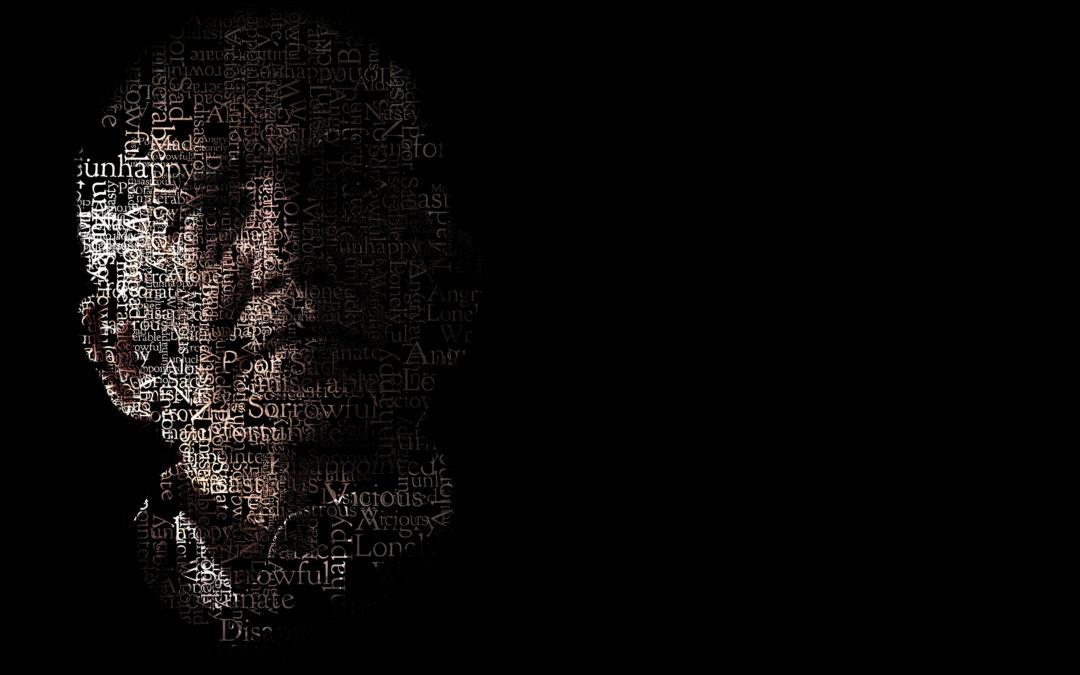When most people think of grief, they picture someone crying quietly, looking somber, maybe withdrawing from friends and family. While those things can be part of grief, the full picture is much more complex—and deeply personal.
The truth is: grief doesn’t follow a script. And it’s not limited to just feeling sad.
Grief Can Look Like…
-
Anger – at the world, at others, at the person who died, at yourself.
-
Forgetfulness – struggling to focus, zoning out mid-conversation, missing appointments.
-
Physical symptoms – fatigue, body aches, changes in appetite or sleep, even illness.
-
Numbness – feeling like you’re going through the motions but not really in your life.
-
Guilt – for not doing or saying something, for surviving, or for feeling anything but grief.
-
Anxiety – feeling unsafe in the world, fearing more loss, or feeling like you’re “going crazy.”
-
Laughter – yes, laughter. Grief is paradoxical. Moments of lightness or absurdity can still show up—and that doesn’t mean you’re doing it wrong.
Grief can also feel like love. As therapist and grief advocate Megan Devine writes, “Grief is part of love. When you lose someone you love, you don’t stop loving them. That ongoing love is expressed as grief.” Grief is the shape love takes when it’s left without a place to go. Devine challenges the idea that grief is something to “get over.” Instead, she explains: “Some things cannot be fixed. They can only be carried.” In other words, grief isn’t a problem to solve—it’s an experience to honor and tend to over time.
There’s No “Right” Way to Grieve
You might feel overwhelmed one day and strangely calm the next. You might be devastated at a song that reminds you of someone—and then forget for hours at a time that they’re gone. None of this makes you broken or bad at grief. It makes you human.
You might even grieve things that aren’t deaths: lost relationships, jobs, identities, health, safety, or imagined futures. These are often referred to as ambiguous losses, and they, too, deserve space.
Giving Grief Room to Breathe
One of the most powerful things you can do in grief is let yourself feel what you feel, without judgment. There’s no timeline, no checklist, and certainly no gold star for “moving on.”
Megan Devine reminds us: “Grief is simply love in its most wild and painful form.” If your grief feels messy, complicated, or unbearable—you’re not alone. And you don’t have to navigate it alone, either.
Therapy can be a place to honor your loss without trying to fix it. To carry what cannot be fixed with more support and less isolation.
You’re allowed to grieve in your own way.
If you’d like support in that process, we’re here to walk alongside you—no platitudes, no pressure, just presence.
Want to talk more? Reach out for a free consultation or learn about our individual therapy services.

5 Tricks for Falling Asleep
Are you one of the 30% of Americans that have had bouts with insomnia? Do you get less than the recommended 7-9 hours of sleep each night (or 8-10 hours for teens)? Sleep loss can have profound impacts on a body’s physical and emotional health. Bad sleep can...

Walk to Fight Suicide
Star Meadow Counseling is proud to help sponsor the 2017 Out of Darkness Community Walk. We have seen the impact that suicide can have on friends and family and are committed to spreading a message of hope to those that are suffering. Every 40 seconds someone in the...

Listen Like a Counselor – How to Help Your Depressed Teen
Teen depression can bring an array of emotions and behaviors that parents struggle to understand. An urge to isolate, to experience intense feelings alone Difficulty maintaining motivation with chores or homework Disinterest in usual hobbies or interests An opposite...

Depression & Obsession: Social Media Disclaimers
At no other time in history have we been able to connect so well with long-distance loved-ones, receive instant feedback on an idea, belly laugh at goofy memes, or find welcome distraction in someone else’s story. In many ways, social media has been a tremendous gift...
Powerful Thoughts on Self-Worth
Those that have struggled with depression have experienced first-hand the fight for "enoughness." Below you will find words of inspiration meant to challenge your view of self: "If my aim is to prove I am 'enough,' the project goes on to infinity- because the battle...

